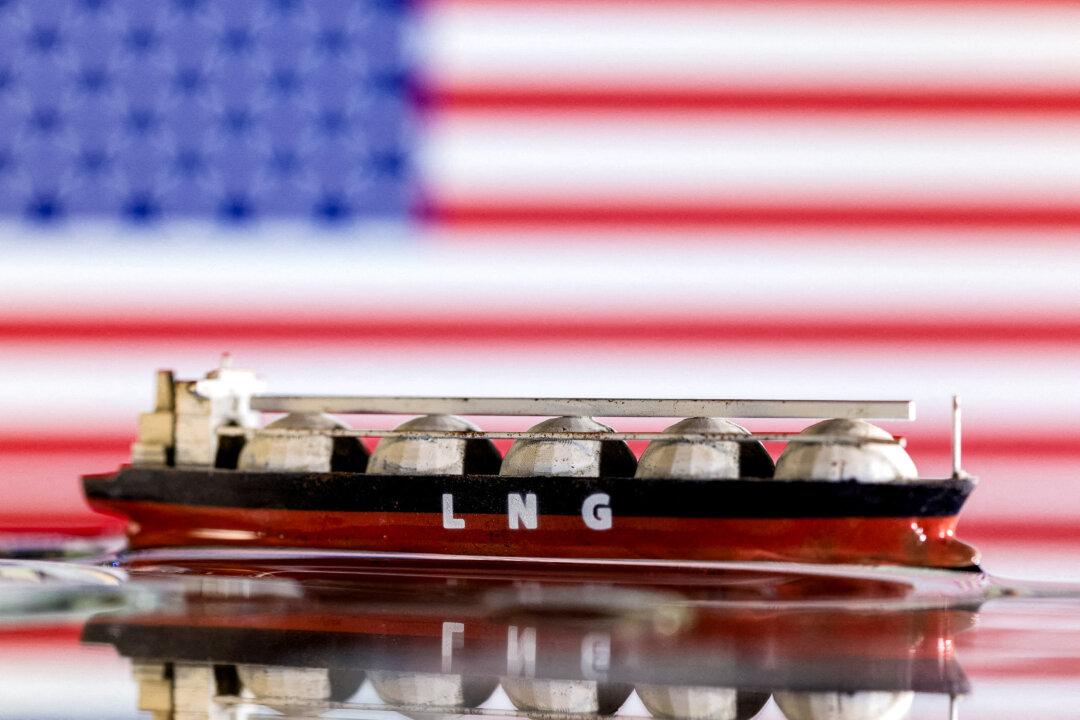The Trump administration has announced that it will end a Biden-era pause on liquefied natural gas (LNG) export approvals, saying increased exports are in the public interest by boosting the economy and supporting allies, while posing minimal environmental risks.
In a May 19 statement, the Department of Energy (DOE) said it will begin issuing final decisions on a backlog of applications to export LNG to countries that do not have free trade agreements with the United States.





